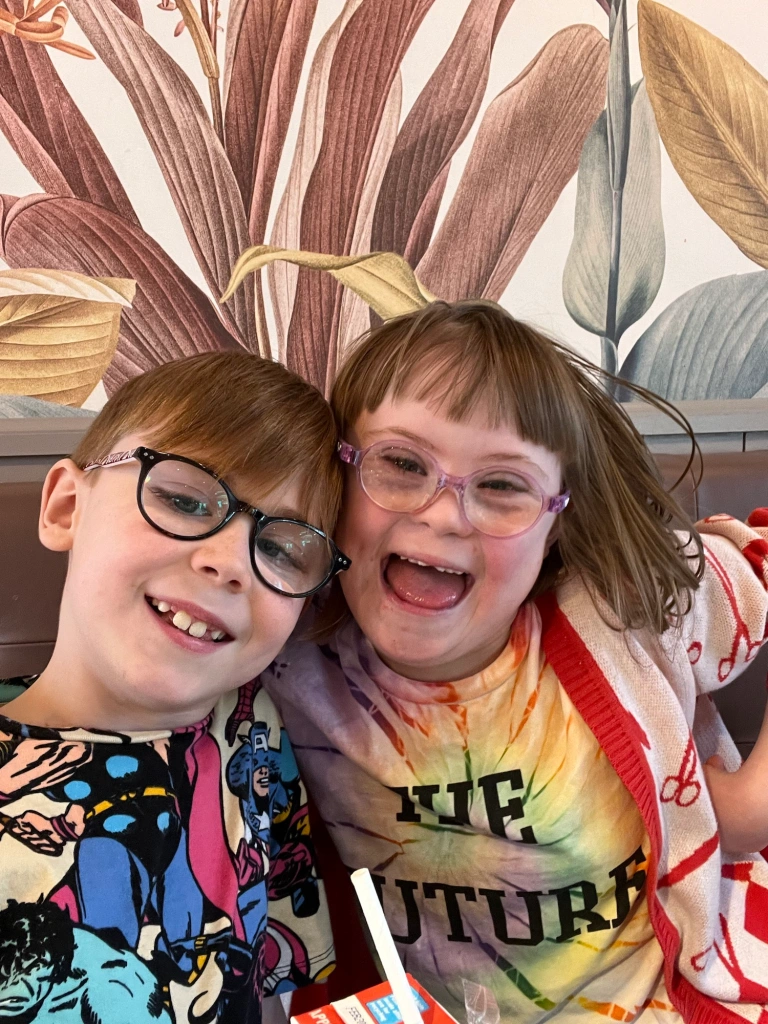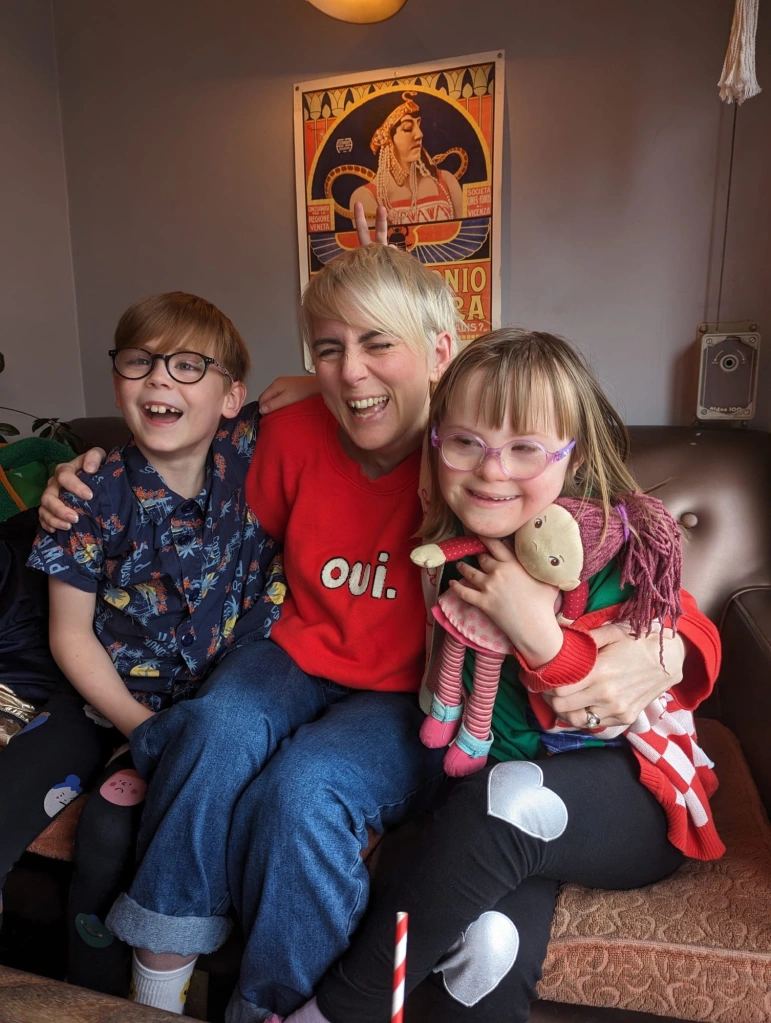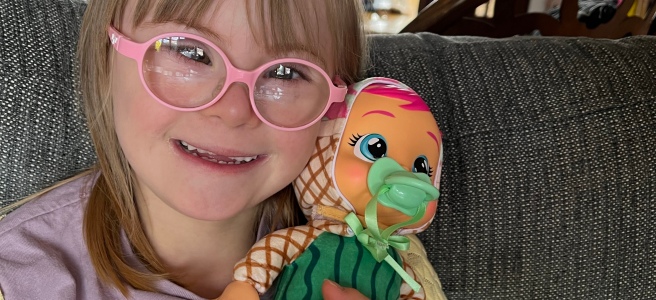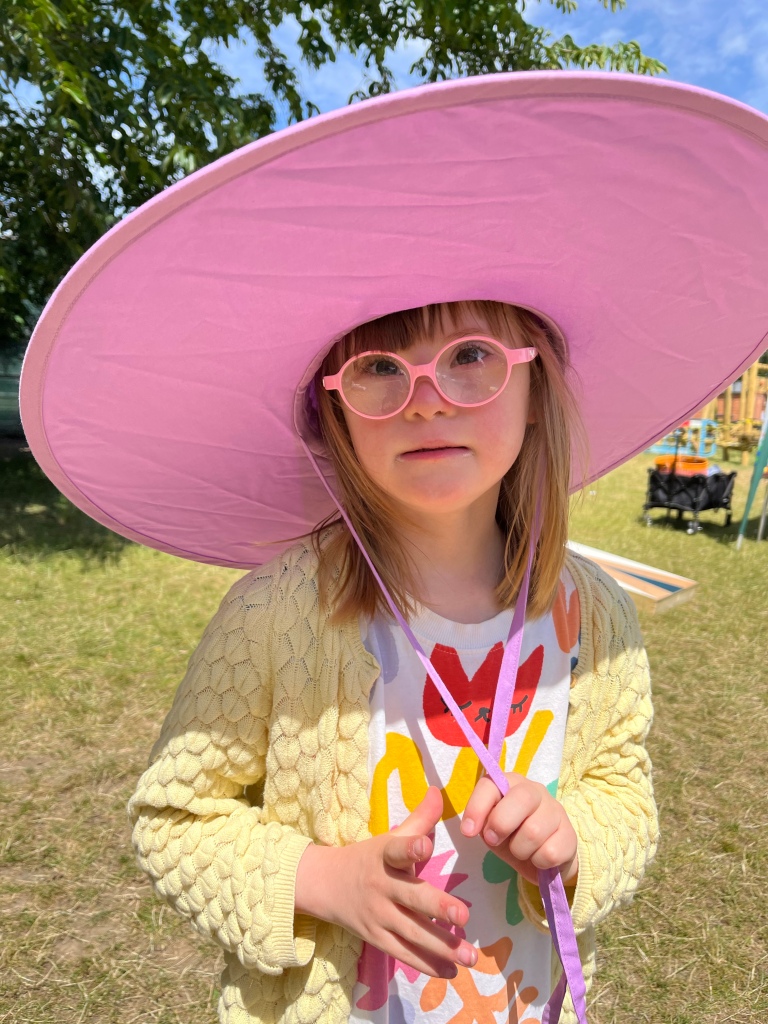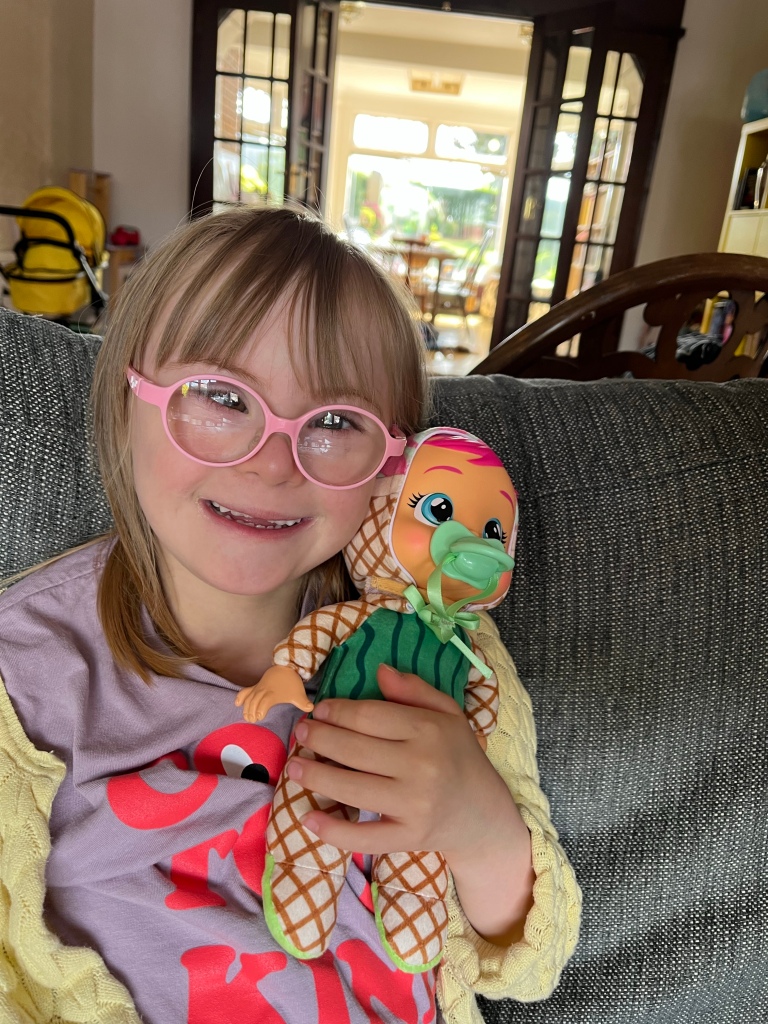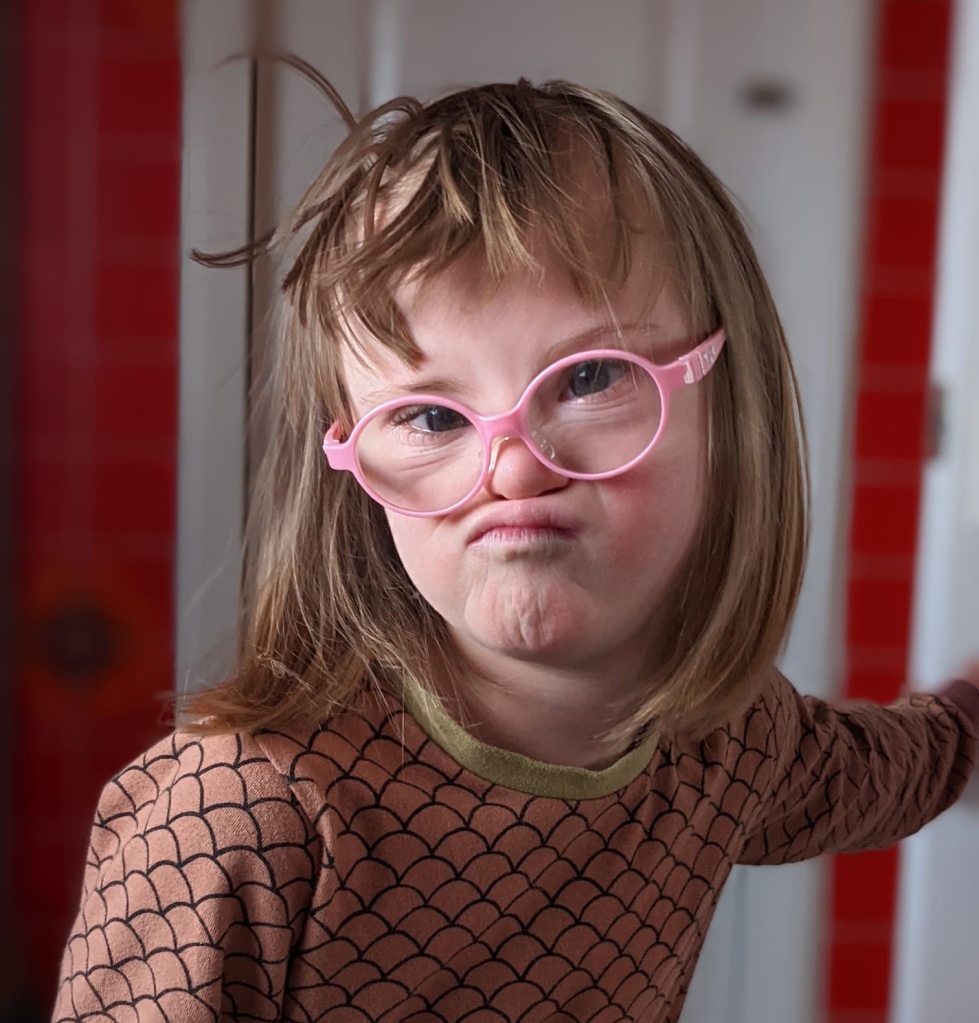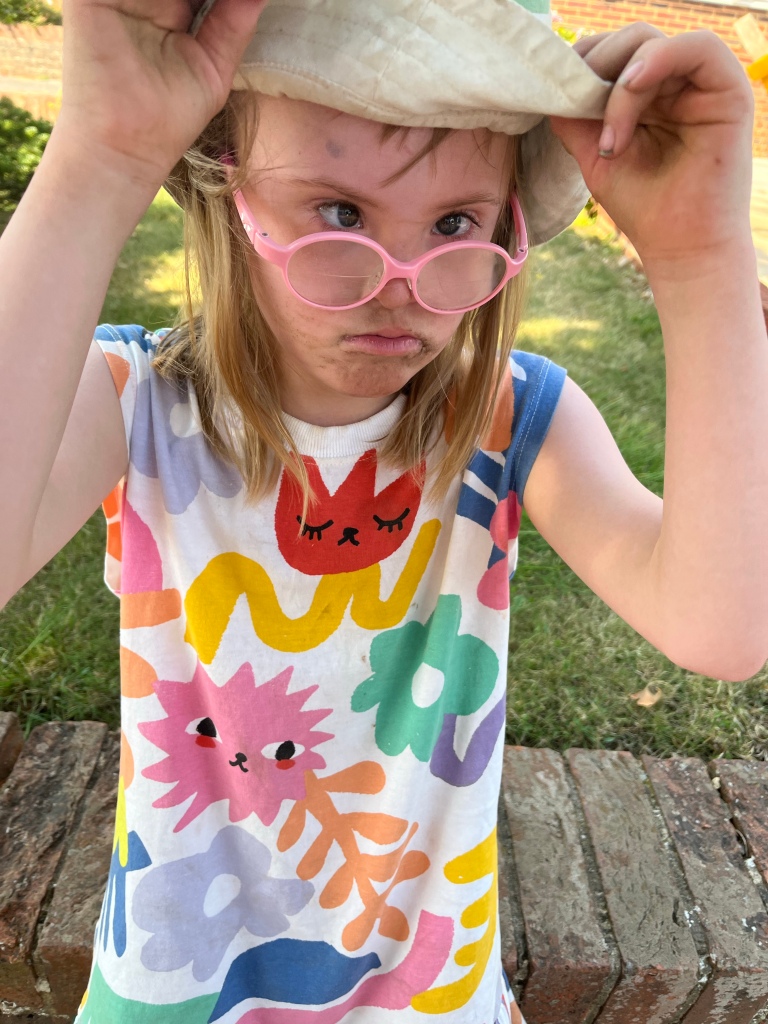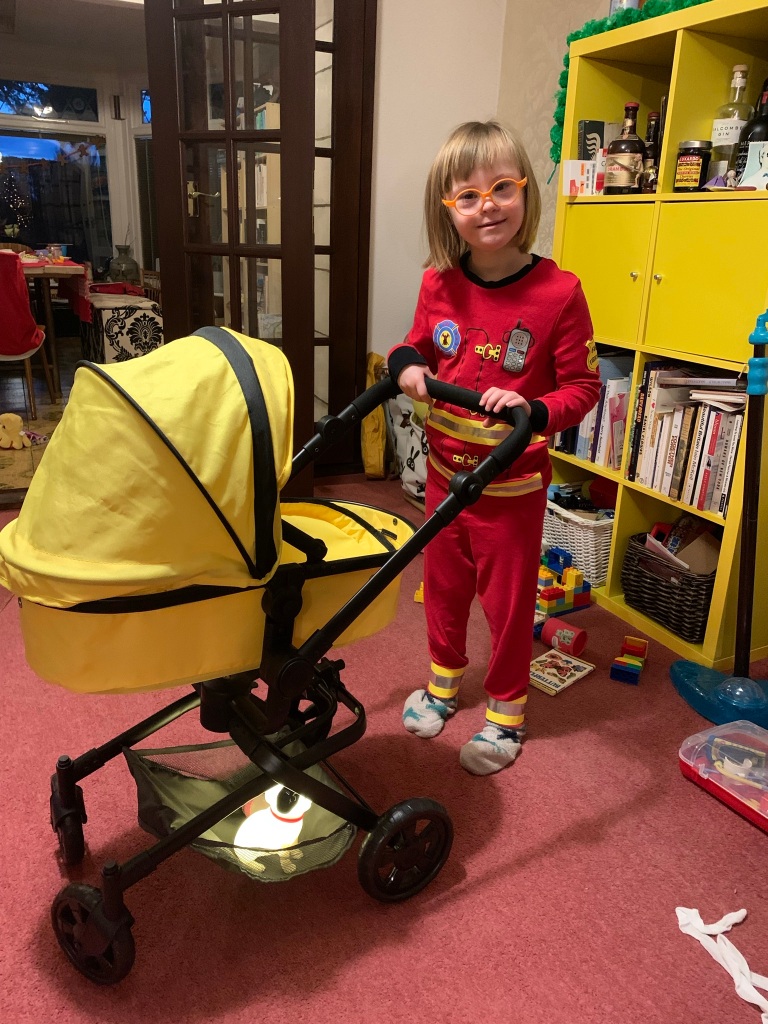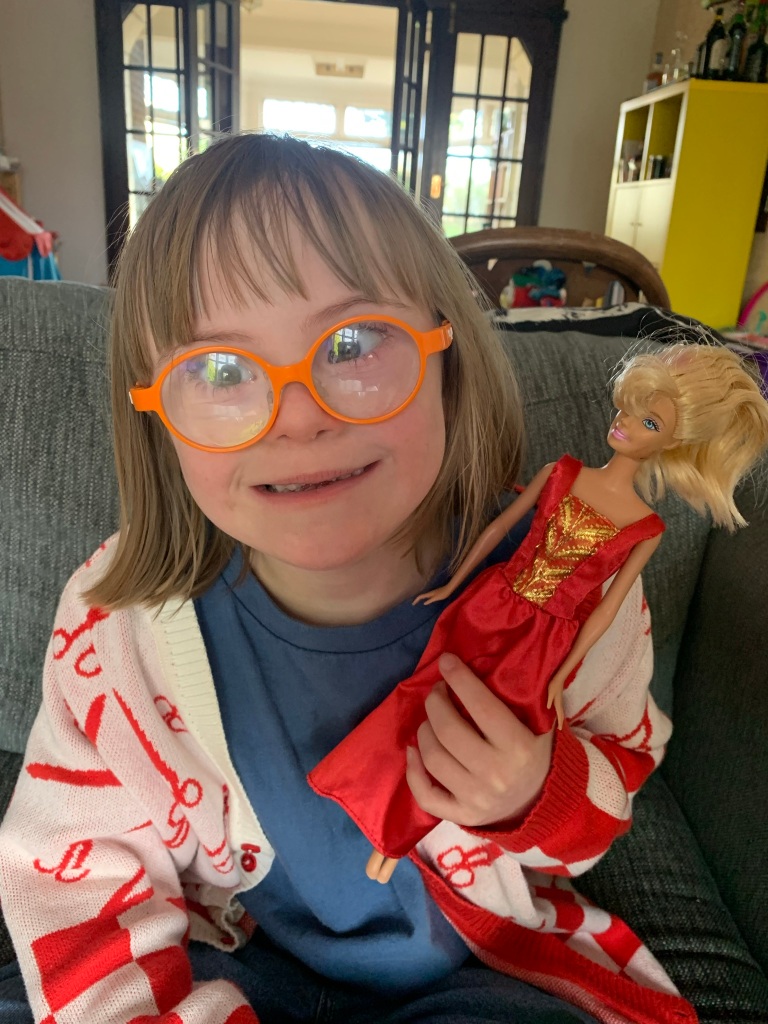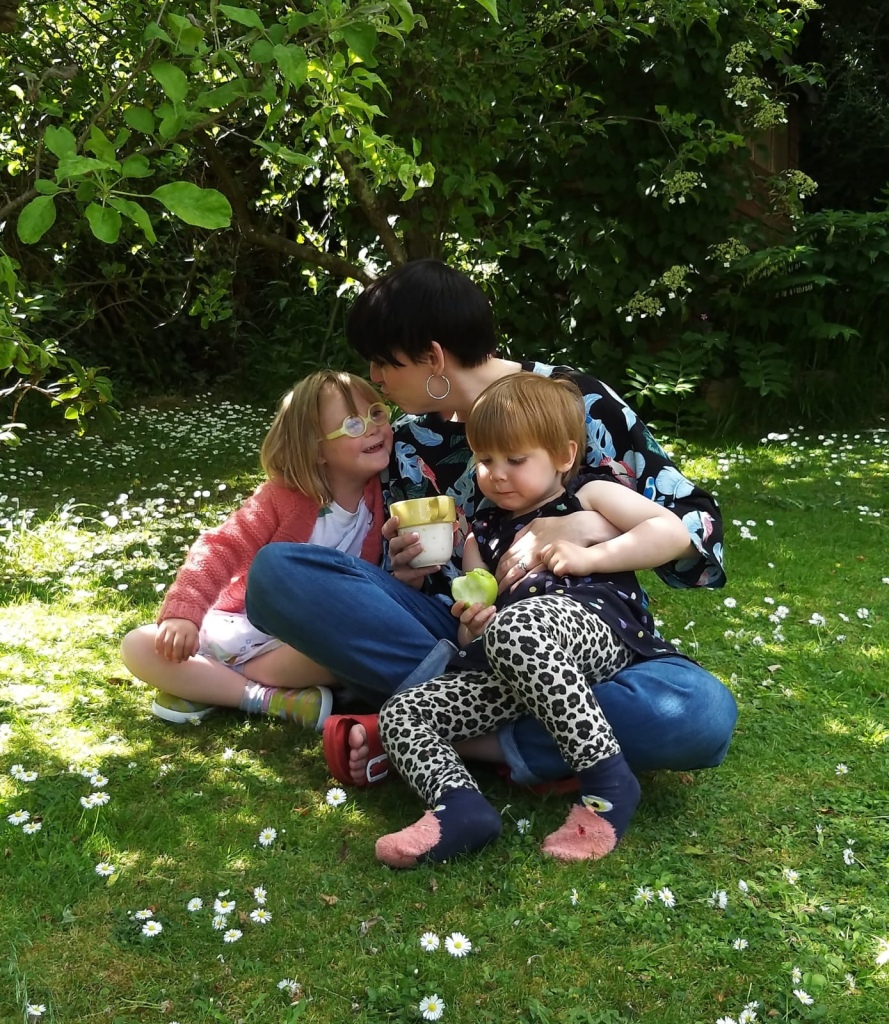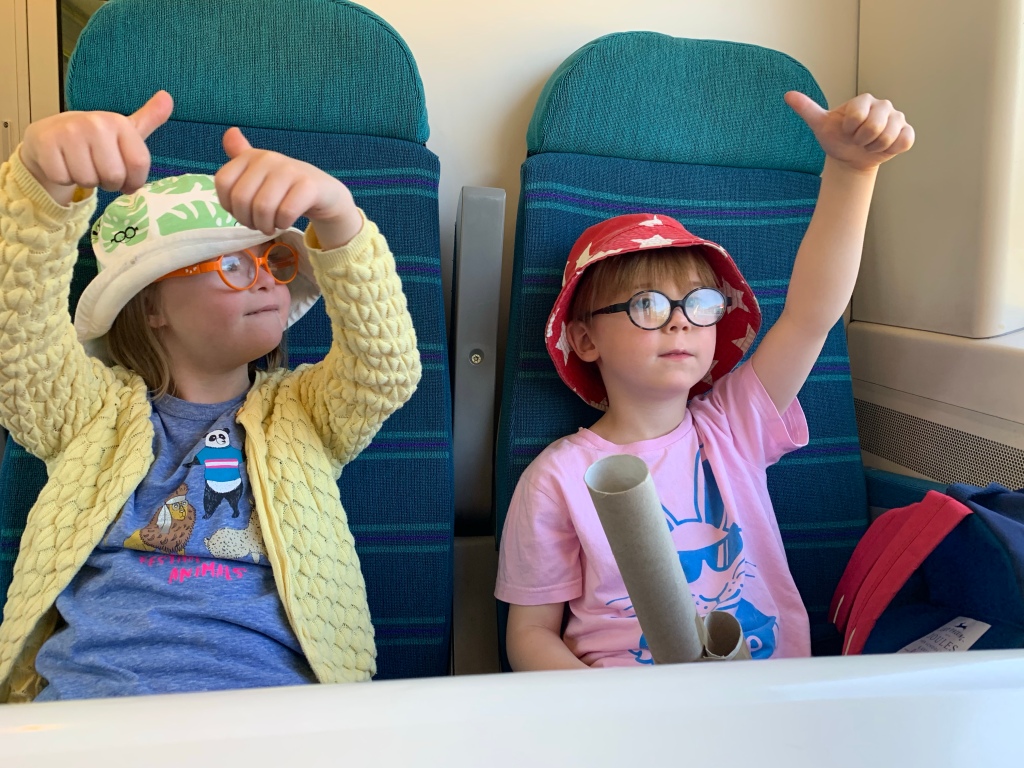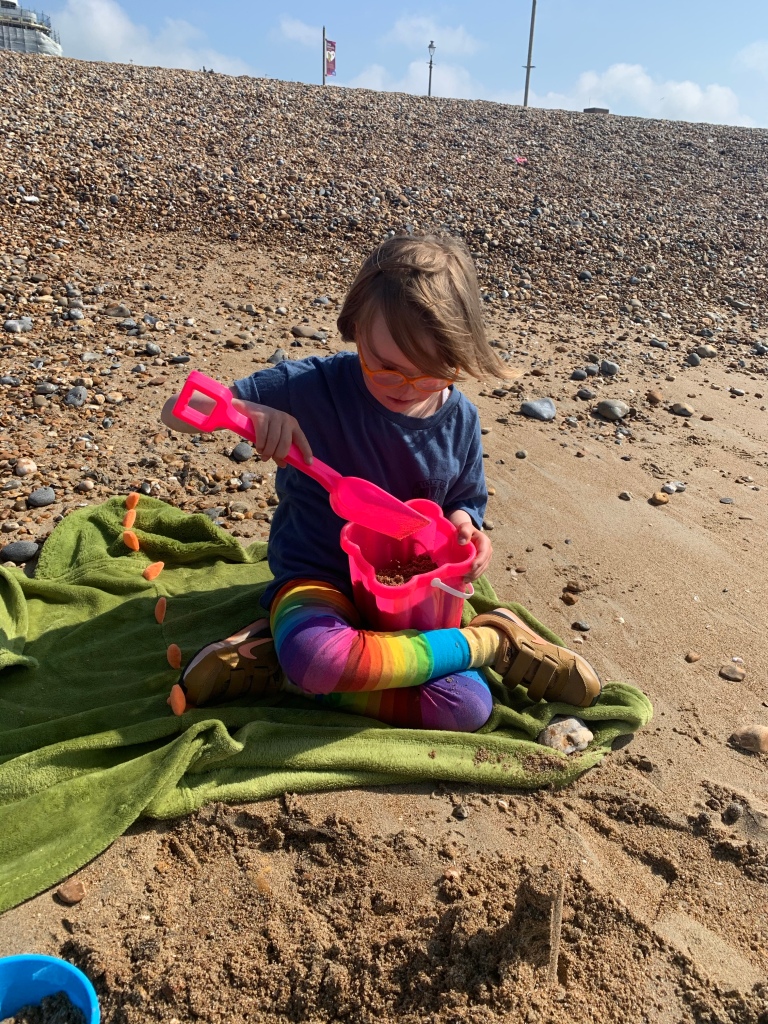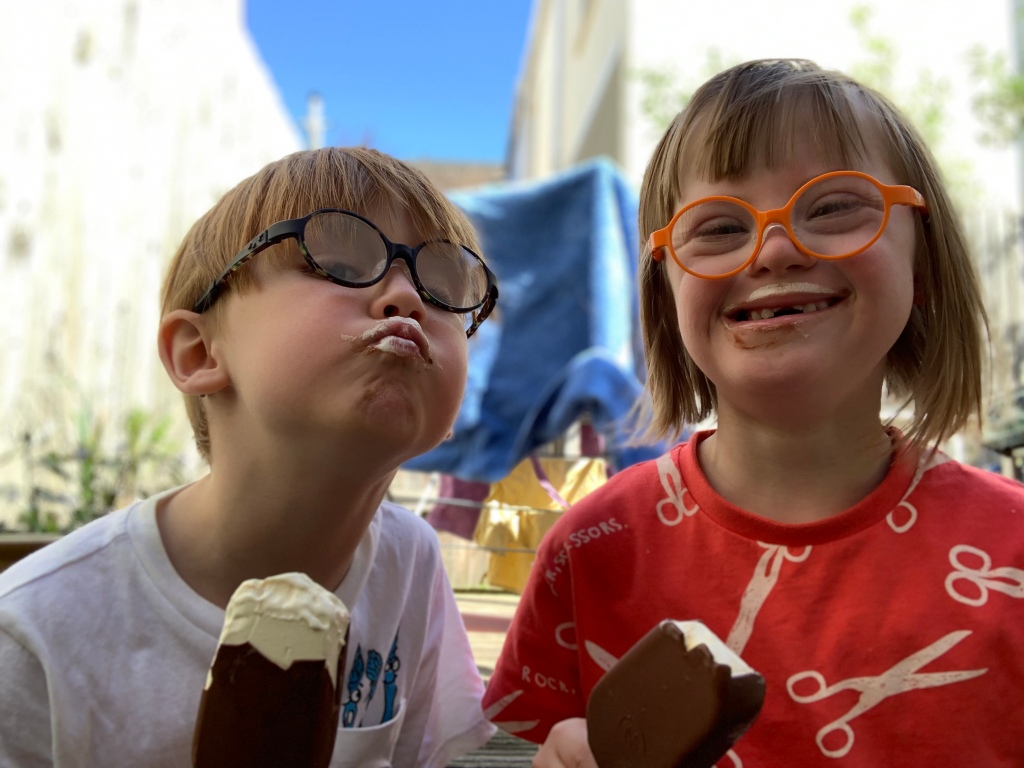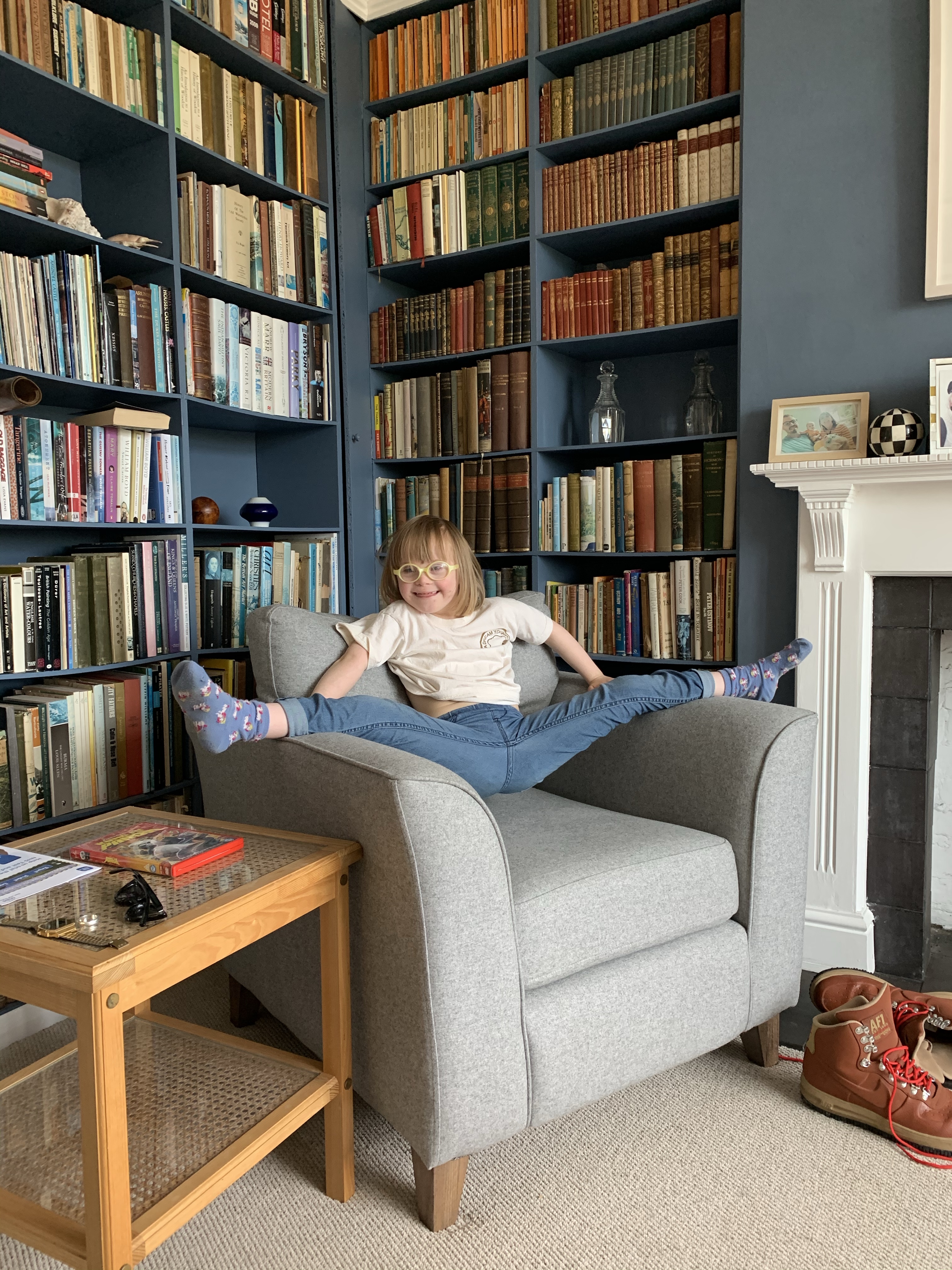I usually like some sort of alliteration or pun in blog post title, it but in this case, like some of my favourite books about loss and death, I thought I’d be more direct.
Ted and I have lost a lot of loved ones and know that we will lose many more, because, hey that’s life (and death). We definitely both feel that losing our parents before the age of 40 was too soon, but the real shame is the children no longer having any grandparents.
Both grandfathers passed away before the kids were born, but our mothers died having known both Rex and Audrey and I was keen to find stories that would in some way explain what happened or at least let them explore the concept of loss.
When my mum died, Audrey was three and a half and Rex just one year old. I headed to our local children’s bookshop to ask them for books they would recommend and I came away with our first title on the subject, The Memory Tree (a couple of other titles were offered, but I’m an artwork snob to be honest) . A few others were searchable on the internet or mentioned by friends (or even kindly bought for us by thoughtful friends), but as our picture book collection grew, I realised there are several that you wouldn’t necessarily know tackled this subject.
This list is by no means exhaustive, but I am confident you’ll find a title or two you hadn’t heard of before. I also think these are great books just to start a conversation about loss and death that we might otherwise avoid having until it’s absolutely necessary. In my experience, small children are incredibly brutal and matter-of-fact about death, so in a way, it’s good to catch them at this age when they have no fear and ask a lot of questions!
These are in no particular order and FYI when I write about each book below, please expect spoilers, not that I expect anyone to be precious about the plot of a children’s picture book, but just in case!
The Memory Tree by Britta Teckentrup:
A simple story about a fox who falls asleep (forever) and a tree that grows in his place, as his woodland friends recount stories of time they spent with fox. This is a gentle book and it certainly made me feel better about my own loss – focusing on the legacy someone leaves behind and all the lives that person (or in this case fox) touched.
Duck, Death and the Tulip by Wolf Erlbruch:
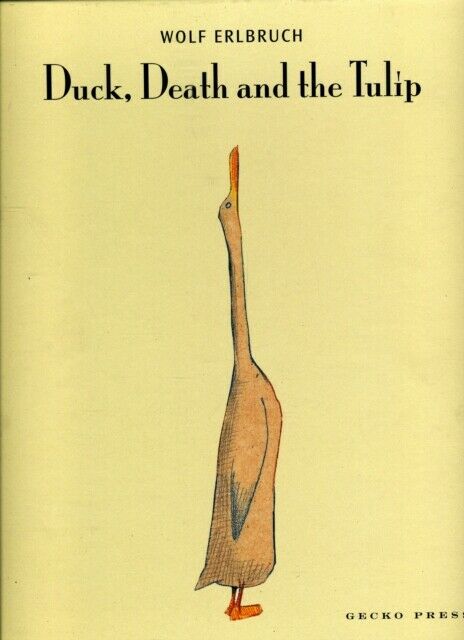
Recommended by friends, I love how this book represents death as a skeleton and is much more direct than other children’s books. It’s simple and tender and it made my children ask some interesting questions. Death is always there and when you get to know him, he seems quite nice.
Looking for Yesterday by Alison Jay:
This one was a gift from a good friend who spent the day with Audrey and bought her some books. The good news is: no one dies! It’s about a boy who wishes he could relive his best day and his grandfather explains why you shouldn’t go chasing after yesterdays, you should be looking forward to other wonderful days to come. A story that shows what a life well-lived is all about – dancing, ice cream, mountain climbing, love…
Waiting for Wolf by Sandra Dieckmann :
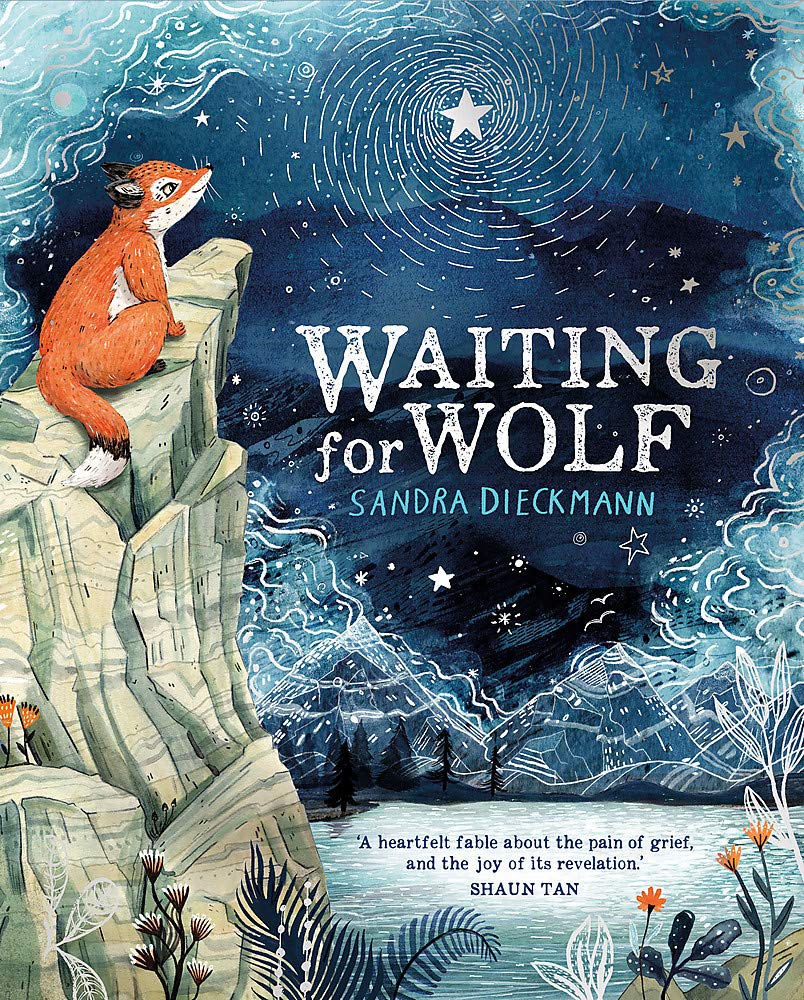
So when I say there were some classic stories about loss and death that I chose not to buy because the illustrations didn’t appeal… well this one has the kind of artwork I was hoping for. A beautiful, gentle tale about two friends (a wolf and a fox), wolf is older and leaves fox with the line “Tomorrow I’ll be starlight” and when fox can’t find her wolf friend, she pulls the blanket of stars around herself and spends some time in darkness. A book to treasure.
Up the Mountain by Marianne Dubuc:
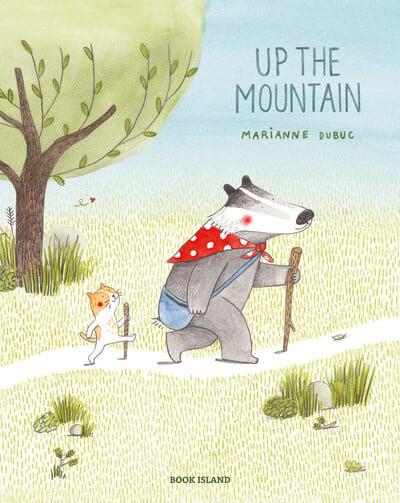
This was a lovely find from my mother-in-law, who no doubt saw the relevance of the story when she bought it for the kids. An older badger meets a young cat on her usual trek up the mountain and they start a friendship, which leads to many more visits, until badger starts to become too old and tired for visits up the mountain and cat has to go alone… A tender ‘circle of life’ story.
The Goodbye Book by Todd Parr:
A very simple and colourful book about the emotions when someone has gone (in this case a goldfish has lost a goldfish friend). A good chance to discuss all the different feelings a child might experience with loss.
Sad by Michael Rosen:
Michael Rosen’s book deals with death, but also sadness for all kinds of reasons and why being sad doesn’t always look or feel the same. My two (perhaps a little young) didn’t show much interest in this book, but I think in time it will become very useful for tackling feelings.
Grandad’s Island by Benji Davies:
Bright and chirpy illustrations, this one is a bit subtle. Grandad leaves for an island and even sends a postcard? It’s sweet, but almost too gentle. I don’t think the kids really thought this was about losing someone, more about someone going on holiday.
Heart in a Bottle by Oliver Jeffers:
Perhaps a little bit more abstract for small children (but my two do like it), but then Oliver Jeffers simply knows what he is doing with children’s books. It’s definitely had me in tears. It’s about how losing someone can make you close yourself off to happiness and life experiences.
If All the World Were… by Joseph Coelho:
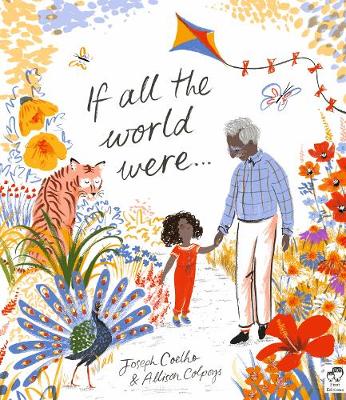
Illustrations that I love, lots of magic between a girl and her grandfather. “If all the world were memories, the past would be rooms I could visit and in each room would be my granddad”. Lovely.
Rabbityness by Jo Empson:
Rex’s preschool kindly let us borrow this book when my mother-in-law (Sarah, the kids called her Bibi) died suddenly. It’s about how we touch others’ lives and the things we leave behind/teach others and it tells this through paint splattered crazy illustrations.
The Lonely Tree by Nicholas Halliday:
Another one from preschool, as a picture book fan (and snob), I thought this one looked awful. Computer generated images of trees!? Urgh. But it does convey a message of the circle of life and it was useful for us.
Forever by Beatrice Alemagna:
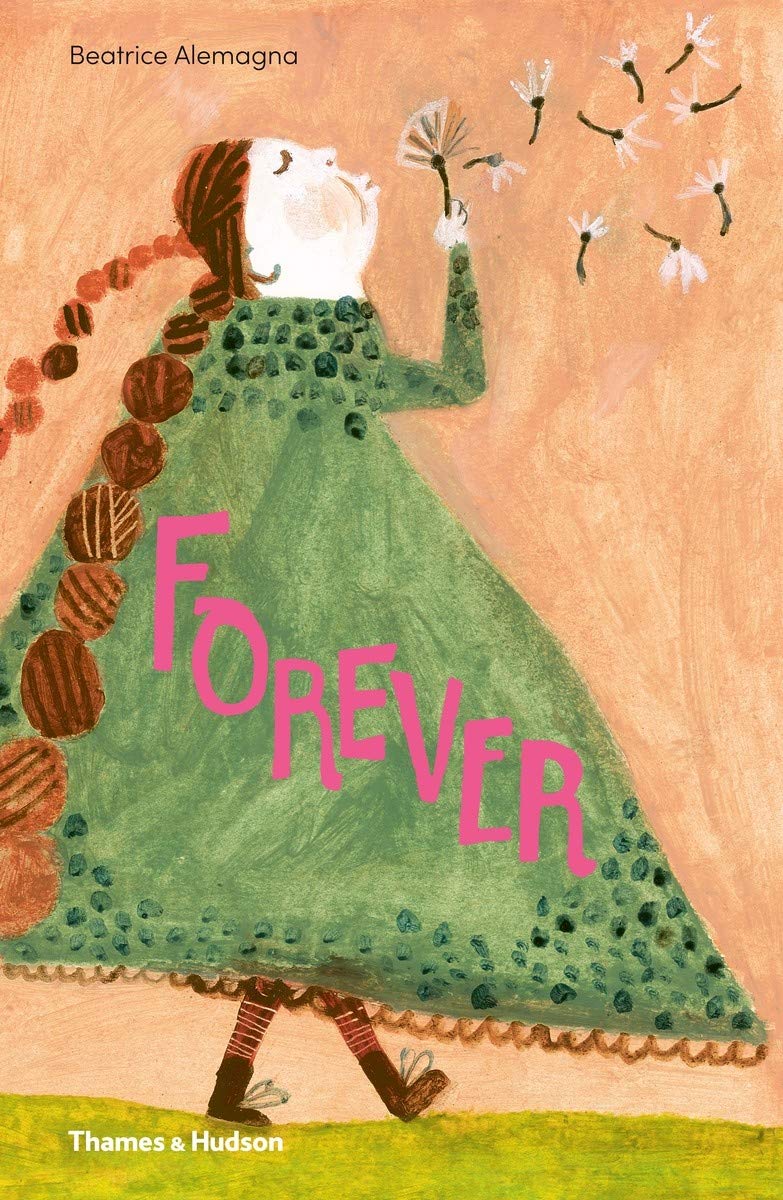
A book about how things end, float away or disappear – and it’s beautiful. It doesn’t tackle death directly, but introduces the concept of things going away and it is lovely and funny with tracing paper pages to make things appear and disappear.
Are you Sad, Little Bear by Rachel Rivett:
Audrey found this one in the library (she has a habit of unearthing the right book at the right time!) and it’s a sweet and traditional book about a bear asking questions after his grandmother dies. What is it with woodland creatures and dying stories though? They definitely dominate the market on this subject!
The Invisible String by Parice Karst
Another one we found in the library, this is more about love and being connected whether we are together or apart (good for anxious school starters). The twins in this book do ask if the invisible string can reach their uncle in heaven and this concept could be useful for children to feel a connection to someone who has passed away.
Badger’s Parting Gifts by Susan Varley
Recommended by many, again, I was put off by it’s dated look, but it’s actually very upfront “…dying meant only that he would leave his body behind… his only worry was how his friends would feel when he was gone.” I feel the Memory Tree may have been inspired by this classic.
Always and Forever by Debi Gliori
I am not a fan of her illustrations, so had ignored this one for a while too! It’s another woodland creatures-lose-a-friend-and-recount-stories tale, of which there are a few and if I am honest I would rather chose one of the others over this one!
That’s all I have for now and I hope this collection is useful to someone and I would be happy to hear of any other recommendations – I cannot imagine ever stopping buying children’s picture books, I love them so much!
